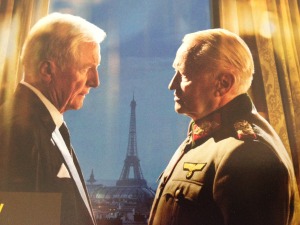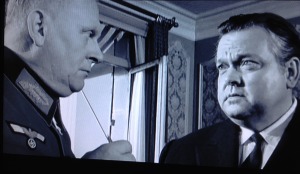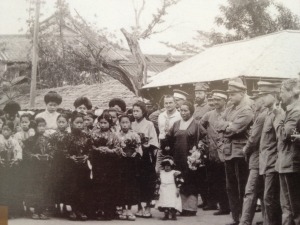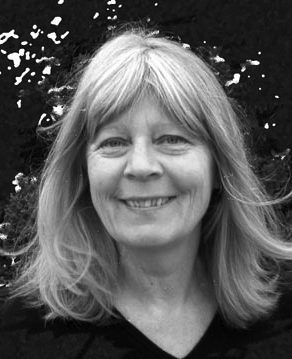Three films about events that are worth remembering when you visit Paris or Japan again. Why Paris was not burned, as Hitler had ordered, has been told in a powerful French film of 1966 and is now the center of Volker Schlöndorff ‘s latest. The story about a Japanese POW camp from WW1 in which the German prisoners were treated friendly and humanely by their victors, might have been overshadowed by what the Japanese did to their prisoners during WW2. From 1917 to 1920 the POW camp in Bando was under the rule of a sympathetic director, who allowed the 1000 prisoners to lead a life according to their German heritage with butcher shops, bakeries, nurseries, houses and gardens that they designed and constructed themselves. Bando was obviously the exception to the rule. The documentary film shown at Berlin & Beyond ‘s autumn showcase, followed one of the prisoner-stories, reconstructed from letters and photos found in the attic of a house in Germany many years after his death. Filmmaker Brigitte Krause spent much time on the box in the attic, the people who found it and the wonderful products the German POWs left behind. I wished she had included more historical context which perhaps would have opened up more cultural depth, differences and conflicts the Japanese women experienced.
We will always have Paris, the most beautiful and beloved city on earth. According to Schlöndorff’s film it was not destroyed because the Swedish Consul Nothing persuaded General Choltitz, in charge of the city, to save the place and the people. A night-long conversation between two very different men, a general in uniform, expected to follow orders, (played by French actor Niels Arestrup), and a diplomat, manipulative, persuasive, dressed in black, entering through a hidden door ( played by André Dusollier). Both speak in perfect French, both understand each others arguments. Half way through the film the two don’t seem so different anymore. They merge into cultured, well educated human beings who love the same things, Paris. The conversations never took place although the historical timeline is accurate. Based on the play by Cyril Gely, DIPLOMACY is less a docudrama than a chamber play that tries to distill the moral and psychological essence of a complex historical moment. IS PARIS BURNING? on the other hand, tried to encompass that complexity by focusing more on the resistance, their internal problems and their fight against the Nazis than on the talk between the General and the Consul. A huge international co-production directed by René Clément, the script written by Gore Vidal and Francis Ford Coppola, the Swedish Consul played by Orson Welles, the German general by Gert Fröbe, a stellar cast which also includes Paul Belmondo, Alain Delon, Simone Signoret, Leslie Caron, Charles Boyer, Kirk Douglas, Anthony Perkins etc. At the end of almost three hours of a peculiar mix of comedy and tragedy we see the real General de Gaulle, surrounded by jubilant Parisans, walking tall and straight through his beloved city.




